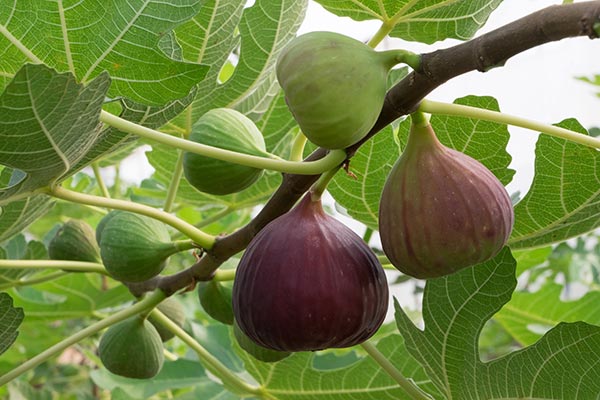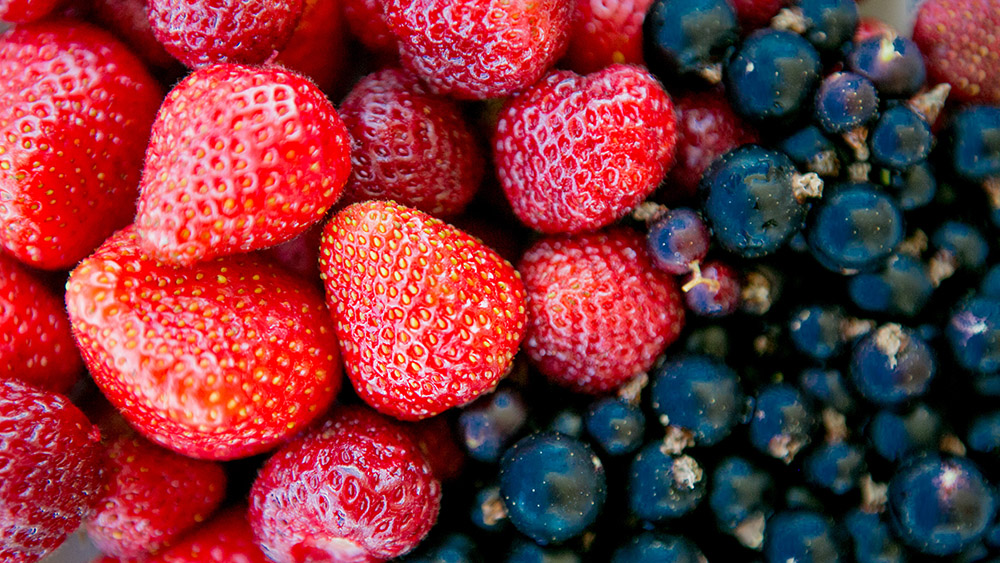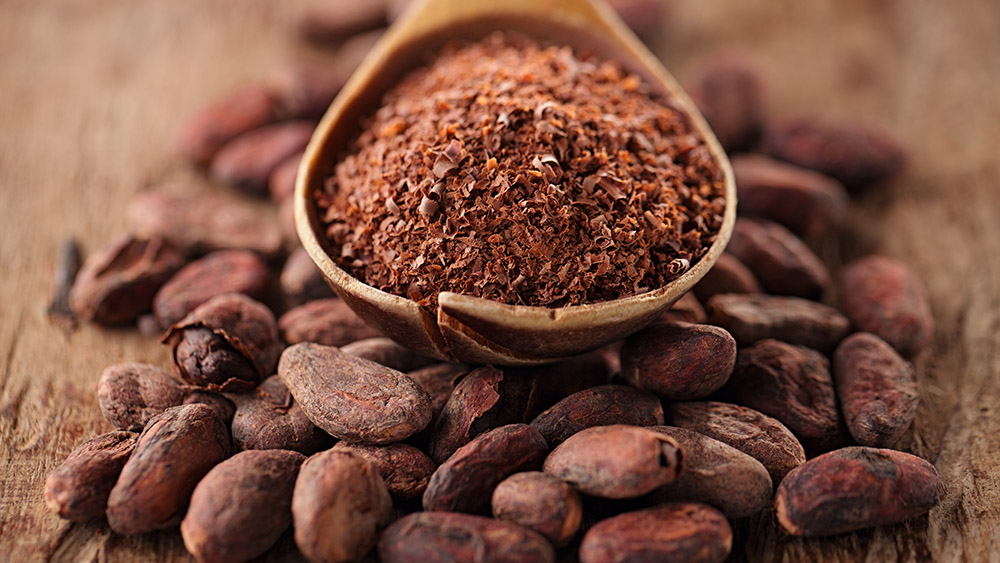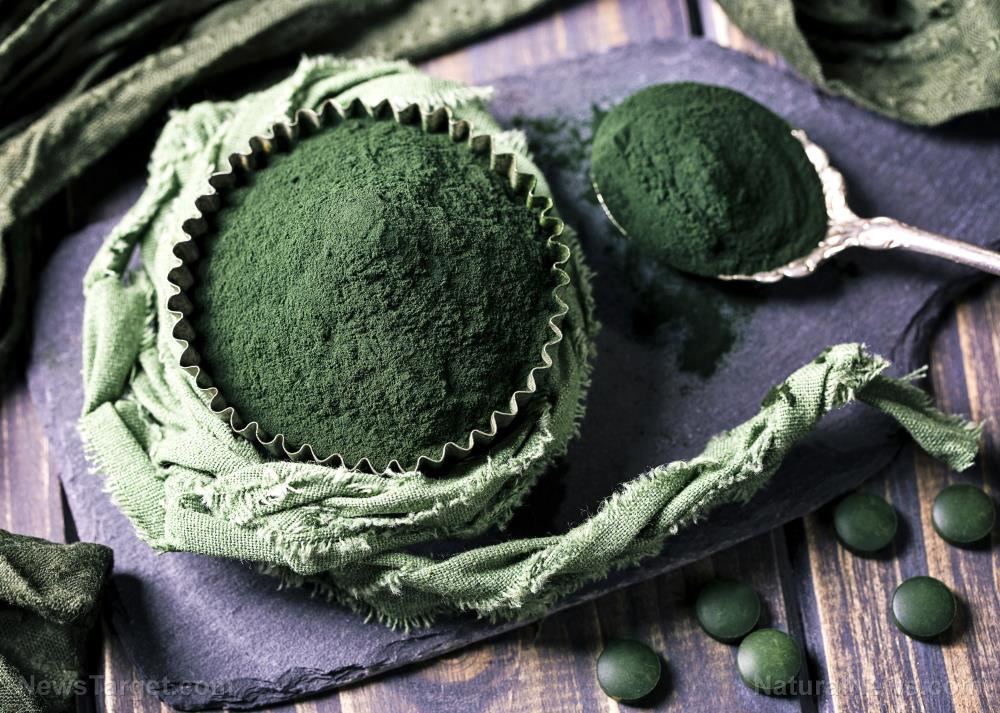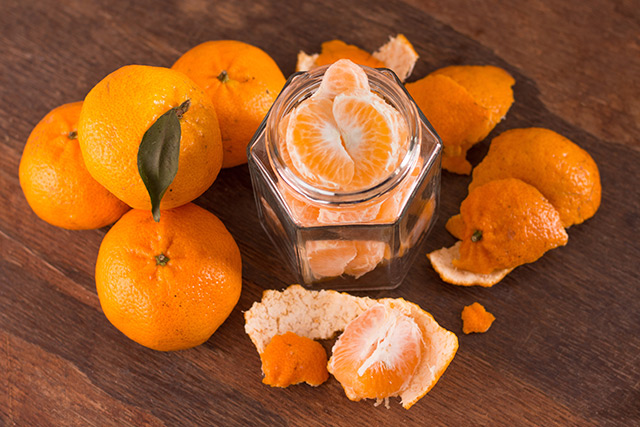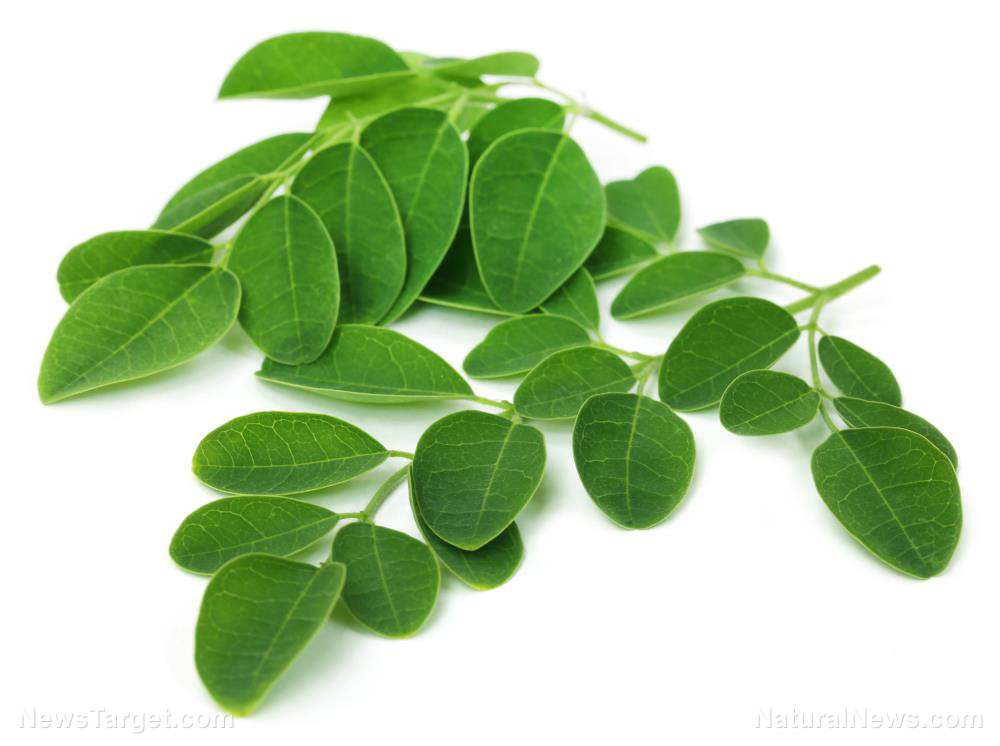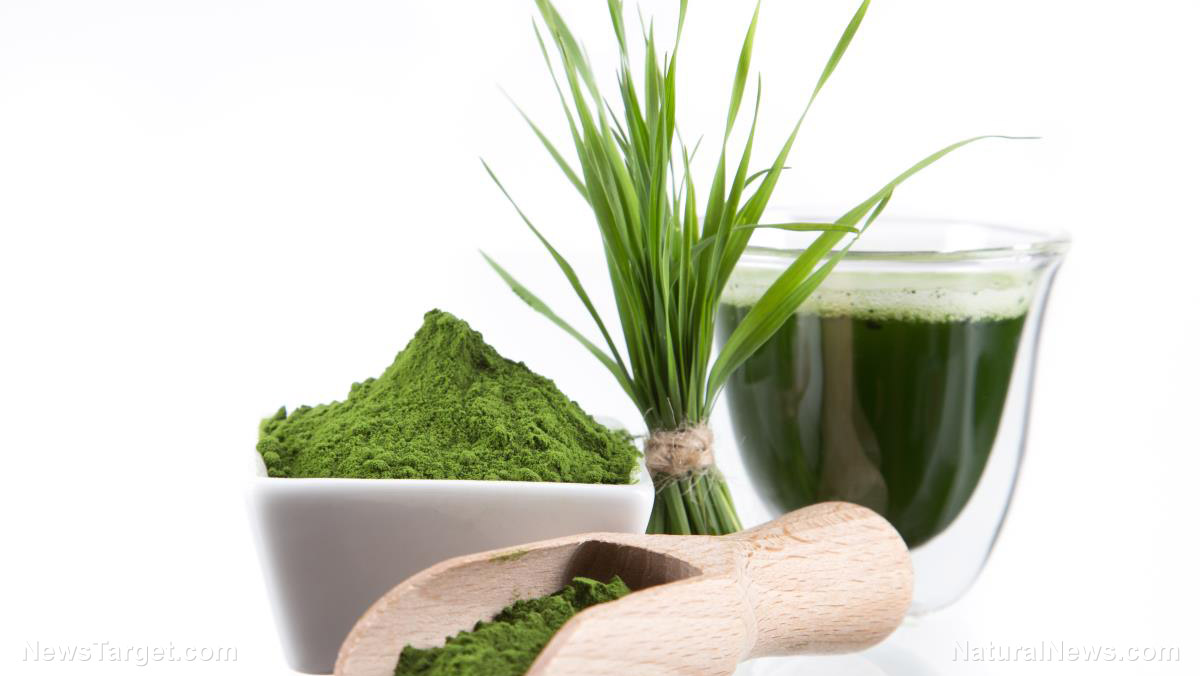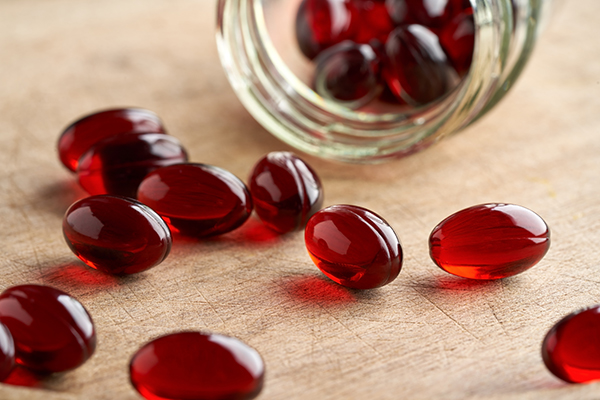Forbidden medicine: The buried potential of apricot seeds for cancer
09/27/2025 / By News Editors
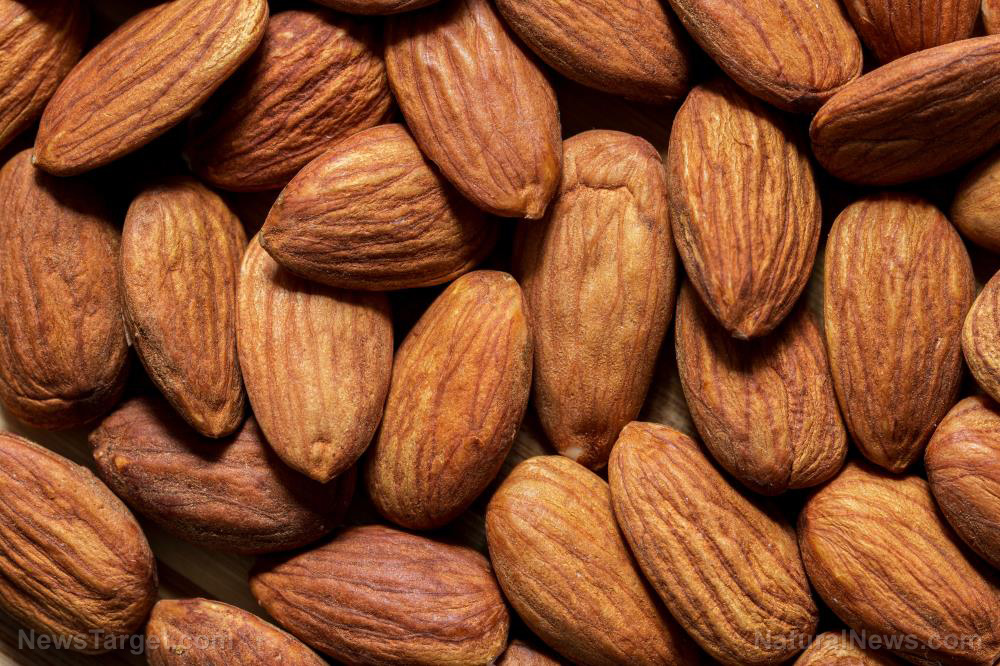
The small apricot seed has mighty therapeutic potential. Long part of traditional medicines, apricot seeds contain amygdalin, a compound also known as laetrile or B17 that has been researched for several decades to have potential anticancer benefits. Yet this natural therapeutic became embroiled in intense controversy. Like so many natural compounds with demonstrable chemopreventive or chemotherapeutic properties (view over 1,000 of these on the GreenMedInfo Cancer Database), B17 posed a threat to the fledgling chemotherapy industry in the 1970s. Despite research corroborating its tumor-fighting properties, amygdalin was suppressed by the FDA and dismissed by mainstream medicine.1-3 However, despite these political machinations, biomedical science marches on and continues uncovering more evidence of the cancer-combating potential of this natural compound.
(Article republished from GreenMedInfo.com)
Amygdalin is a cyanide-containing compound occurring naturally in over 800 foods, concentrated in apricot seeds.4 It has been observed that a number of indigenous cultures with little to no cancer have traditionally consumed amygdalin-rich foods like apricot kernels.1 This inspired investigation into its tumor-targeting actions. Laetrile is a semi-synthetic form patented in the 1950s.3 Although it showed promise in early clinical studies, laetrile was banned by the FDA in the 1970s.3 It is believed that the threat of a naturally derived therapy undermining chemotherapy profits lead to its widespread suppression.
It has been observed that in cancer cells, amygdalin releases chemotoxic cyanide that triggers apoptosis, or cellular self-destruction.5-7 Apoptosis is the body’s natural way to get rid of cells with abnormalities which either lead to or are expressive of a cancerous phenotype. An enzyme accelerating amygdalin breakdown produces toxic levels selectively in tumors.5 Meanwhile, the liver enzyme rhodanese detoxifies cyanide in healthy tissues.8 Additionally, amygdalin exhibits multiple anticancer actions including inhibiting angiogenesis, suppressing inflammation, and blocking epidermal growth factor receptor pathways that stimulate tumor proliferation.1,9,10 It also shows synergistic benefits with other natural compounds like curcumin.11
Dozens of studies now document amygdalin’s ability to inhibit many cancer cell lines in the lab including liver, cervical, prostate, lung, colon, and leukemia.1,12-15 Amygdalin also restricts growth and spread of skin, bladder, and breast cancer models by regulating genes related to metastasis and angiogenesis.9,16,17 Furthermore, a human trial found integrating amygdalin with chemotherapy significantly increased tumor response rate in advanced non-small cell lung cancer patients.18
While suppressed in America, laetrile clinics still operate across Mexico and Europe using amygdalin to treat and in some cases heal cancer.1 However, care must be taken with dosing. Excess consumption of apricot seeds risks side effects from elevated cyanide. As with any natural or integrative approach, consult a licensed healthcare professional to assist in your treatment protocols.
The politics of healing cannot suppress the truth forever. Amygdalin exemplifies the power of nature to regulate aberrant growth when given the opportunity. Let us continue learning from the healers and ecosystems that hold the missing keys to curing disease.
Read more at: GreenMedInfo.com
Submit a correction >>
Tagged Under:
alternative medicine, disease treatments, nutrients, nutrition, Super foods, Xpost
This article may contain statements that reflect the opinion of the author
RECENT NEWS & ARTICLES
consumerwellness.info is a fact-based public education website published by consumerwellness.info
All content copyright © 2023 by consumerwellness.info
Contact Us with Tips or Corrections
All trademarks, registered trademarks and servicemarks mentioned on this site are the property of their respective owners.

